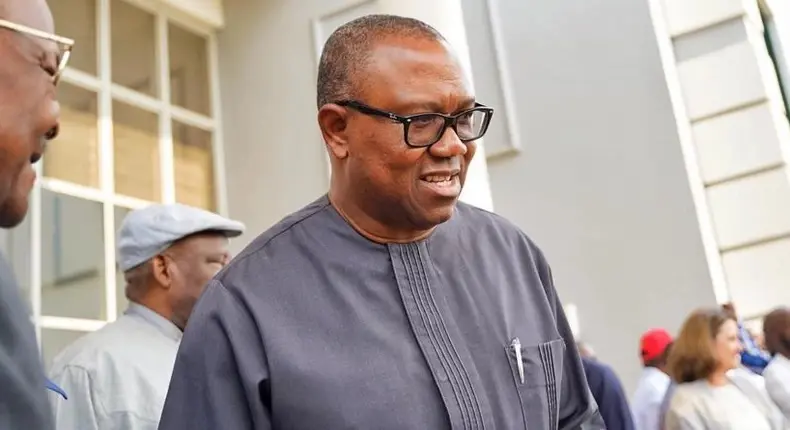News
Commonwealth Summit: Leadership recruitment process, bane of Africa’s development -Obi

The Presidential Candidate of the Labour Party (LP) in the February 2023 election, Mr Peter Obi, has said that the leadership recruitment process is the biggest challenge facing Africa and limits the harnessing of opportunities in the continent.
Obi said this on Monday in his opening remarks made in the United Kingdom titled. ‘Harnessing the African Opportunity’ at the Commonwealth Trade and Investment Summit in London.
“Of all the factors required to properly Harness the African Opportunities, the most important requiring all the support from strategic partners such as Commonwealth is the Political Leadership Recruitment and Sustenance Process,” Obi said.
The former Anambra State Governor said that Africa’s most important deficit remains a deficit of leadership.
He said that effective and sustainable harnessing of the opportunities in Africa through an agenda/framework rooted in the African Consensus will require the enthronement of accountable and responsible leadership across Africa.
He said, “This will be the most effective way through which our internal coherence and external connectedness can be properly harnessed for the sustainable and inclusive growth and development of Africa.”
He listed what he called a few low-hanging fruits that the African Consensus should pursue in collaboration with the Commonwealth, including the creation of a special fund for the development of infrastructure and African SMEs; special incentives to promote the export of products and services from Africa to other Commonwealth countries and the world; intentional but aggressive knowledge and skill development exchange between Africa and the Commonwealth; crafting of an African Development Agenda/Framework that is African-oriented and globally very attractive.
Obi noted that even with the immense potential and opportunities in Africa, many challenges remain and they are related to widespread leadership failures, limited access to funding, inadequate infrastructure, rural-urban migration, limited women and youth empowerment and regulatory barriers are pervasive.